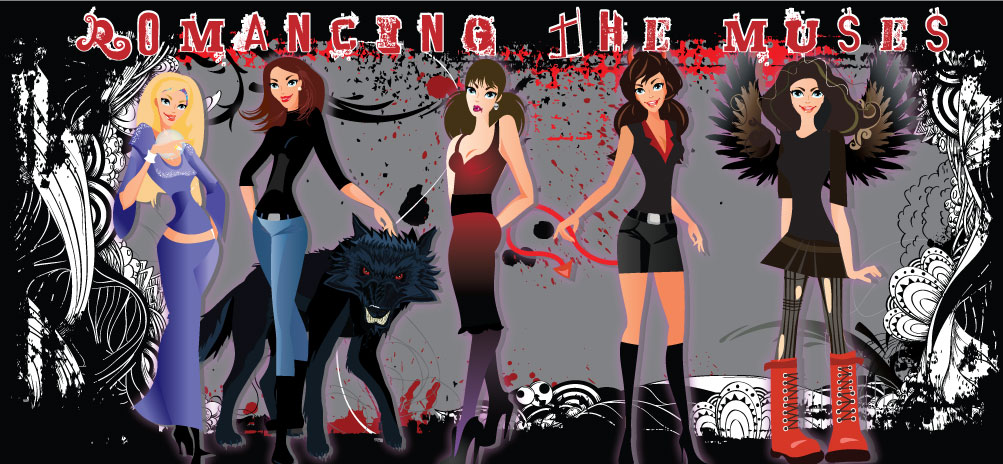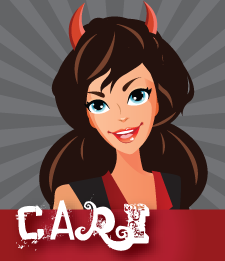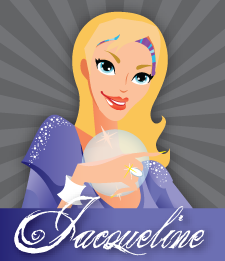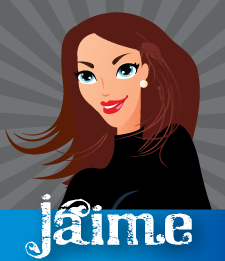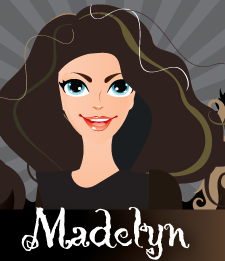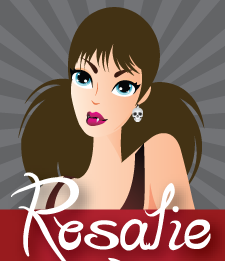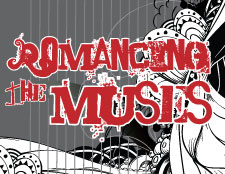Today on Romancing the Muses, I’d like to welcome aspiring author, Nikki London, to share some of her insights, things she’s learned along the way, and to pose questions to any authors who might be inclined to answer them.
MUSES: You’ve been writing on and off again since you were young. Has it always been your ambition to get your work published?
N. LONDON: Most definitely. Books have been a part of my life since I was born. I would memorize stories and recite them to my family by the time I was 2. In elementary school, books were my best friends and I can remember coming up with new stories for all of my favorites. As I got older, I would read something and tell myself, “I could do this. I think I could write a story like this.” I just never thought there was a way to get it published. It wasn’t until I met a few authors that I found out the process wasn’t as difficult as I thought.
MUSES: You have mentioned in your blog posts that you have many budding plot-bunnies. Do you see yourself fitting into any one genre?
N. LONDON: I’m a hopeless romantic! Reading is an escape from the stress of real life, so I never got the point of reading something that doesn’t have a happy ending. I’m a fan of both contemporary and paranormal romance, so those are the genres that inspire most of my ideas.
MUSES: What do you enjoy reading in your free-time?
N. LONDON: Romance! Bet you didn’t think I’d say that one, huh? I’ve also been trying to dabble more in nonfiction as well. As of late, historical biographies and narratives have been gaining more attention on my Kindle, but when I really want to relax and enjoy a good book it’s going to be a romance.
MUSES: What does an author have to do to capture your attention?
N. LONDON: Create an interesting story. I’m a plot driven individual. I want to be able to envision the world an author has created. I can overlook simple writing errors as long as the story is solid.
MUSES: In looking forward, what excites you most about the world of publishing? Is there anything you’re dreading?
N. LONDON: I’m really looking forward to meeting new authors. I would like to be able to attend Lori Foster next year and say, “Yeah. I can be here. I’m an
author.” That’s the biggest thrill I suspect. Being able to look in the mirror and tell yourself that you’re a published author. Makes it sound a bit more legitimate. But I am worried about the possibility of rejection from editors and publishing houses. Then, if I do get published will the readers actually like it? Am I going to get angry emails from people demanding their money back? Is it going to get slammed on every review site on the planet? Those are the things that worry me, but I know the good definitely outweighs the bad when entering the publishing world.
MUSES: What authors have most influenced you in your journey? Do you try to emulate them in your own writing?
N. LONDON: Aaron Sorkin is my god of dialogue. I try every day to emulate him in my writing. “Good writes borrow from other writers, but great writers steal from them outright.” Sorkin and I don’t condone plagiarism mind you, but hopefully you get my drift. I also love how J.K. Rowling has worked so hard to create the work of
Harry Potter. I know people can have their criticisms about her writing, but I can’t help but be in awe that she was able to make her worlds come to life. I’m also a huge fan of my published BFF. I can’t lie. I’ve followed her writings long before she was published and I love how she has the ability to write prose so well that a character can move me to tears without saying a single word. I love that. I really want to incorporate more “show” and less “tell” in my work. It’s a learning process.
MUSES: Tell us a bit about your favorite literary character, and what qualities made him/her stand out as more than just a name on a page.
N. LONDON: Wow…this one is a hard question. The first one that comes to mind is Atticus Finch from
To Kill a Mockingbird. His strength of character and his quiet tenderness with his children really struck me. He was the first literary character that fully came to life for me. And I have to admit that I did develop quite a crush.
MUSES: You have already developed a modest Twitter following. Tell us a bit of what you’ve learned so far about promotion, public relations, and web-presence.
N. LONDON: You can never have too many friends! It seems you can never start the business of learning the authors and review sites and the publishing houses too early. Everyone is so open and friendly in this community that I really feel welcomed into the fold. Various authors like J.A. Saare and others have been really fantastic about giving me all the advice I could ask for.
MUSES: Tell us a bit about your current WIP.
N. LONDON: I’d love to! My debut in the publishing world is
Southern Comfort, the story of Jay and Kristen. Kristen has worked as Jay’s assistant for years, but both have been hesitant to take their relationship any further than “friends.” When they both end up on vacation in Natchez, MS, the sexual tension between them comes to a boiling point. In the end, they are going to have to decide if they’re willing to sacrifice their work relationship for a chance at romance.
MUSES: When you’re not writing or reading, what typically keeps you occupied? What do you enjoy doing in your free-time?
N. LONDON: Well, I have eight nieces and nephews who keep me constantly on the go. I have a neurotic cat, Lucy, who I’m always trying to convince is a cat and not a dog. I also love spending time with my BFFs drinking wine and playing board games. Most nights I curl up and watch a little
Daily Show before I go to sleep.
MUSES: Is there anything you have been itching to ask someone already in the biz that you haven’t found the time or opportunity to ask?
N. LONDON: How do you do it? Seriously! I work full time and never seem to have the energy to write once I head home for the night. I really admire authors who can crank out the stories because I usually end up dreaming about them, but not getting it down on paper. Also, does everyone use outlines? I’ve never really sat down and put one to paper. I keep the basic plot in my head, but I sometimes wonder if an outline would make the process go a little quicker.
MUSES: Until we can pick up one of your books for ourselves, where can we find you?
N. LONDON: Well, I am on Twitter as NikkiLondon_1 and I also have a blog (which I really need to work on updating on a frequent basis). People can also email me at nikkilondon1@gmail.com. I’d really love to hear from anyone who wants to get in touch. I’ll take advice, book recommendations, advice, and advice from anyone!
Thank you, Nikki, for taking the time to sit down with us!
 I didn't do that search on a new trilogy I started (and then had to put
I didn't do that search on a new trilogy I started (and then had to put